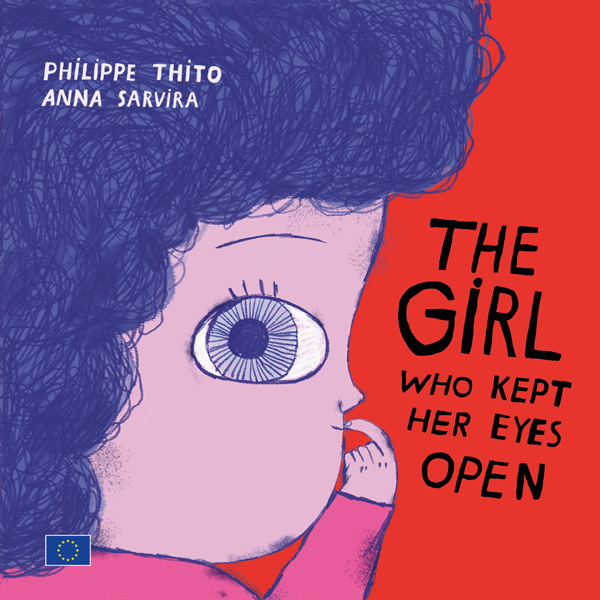
Victims and witnesses of war-related crimes
War can affect people in many ways. Being a victim or a witness of crimes committed in the context of armed conflict or mass violence may cause not only physical injuries but also long-term psychological harm. People fleeing the war are at increased risk of being victims of serious crimes such as human trafficking, labour exploitation and sexual exploitation.
What to do if you or someone you know has been a victim of war?
- Depending on the situation, victims can be reluctant to talk about their experiences and it is important that you approach them sensitively.
- Let the victim know that you support them and that you will be discreet about any information they share, don’t pressure them to talk if they are not ready
- Listen without judgement.
- Refer the victim to support services, share the phone numbers for social services and support groups and let them know that you are available to help them.
When talking to the victim of a crime:
- Listen attentively and let them know you believe them.
- Be compassionate and patient, respect their feelings and choices.
- Tell them you are sorry to hear about the event and that you want to help.
- Do not minimise what they have experienced.
- Do not tell them to move on or to stay silent or suggest that it may have been their fault.
Witnessing a crime or supporting someone who has been a victim can be traumatic, talk to people close to you and reach out to organisations that can support you and help you better support the victim.
Children also keep their eyes open for victims of war
Most of the Ukrainian victims of war who take refuge in EU countries are women and children. And these children go to school in their host community, with it becoming one of the first points of contact between the local population and the refugees.
The book ‘The Girl Who Kept Her Eyes Open’ aims to raise awareness among children (7-10 years old) and adults (parents and teachers) of the problems suffered by people fleeing war and their rights.
Through the story of a Ukrainian refugee child meeting a particularly observant little girl in her new school, it shows the importance of paying attention to others in order to recognize the victims of crime - in this case, the victims of war-related crimes - and offer them support.
Keep your eyes open to victims or witnesses of war-related crimes.
War crimes
Children fleeing war
Sexual violence in the context of war
Risks of trafficking & exploitation
Get support
3 organisations found.
-
Avsi Polska
-
Sieć Pomocy Osobom Pokrzywdzonym Przestępstwem - Fundusz Sprawiedliwości
-
Instytutu Psychologii Zdrowia Polskiego Towarzystwa Psychologicznego
Victims’ rights
in the European Union
Eye-opening stories
Find out how keeping your eyes open can help victims of violence.
